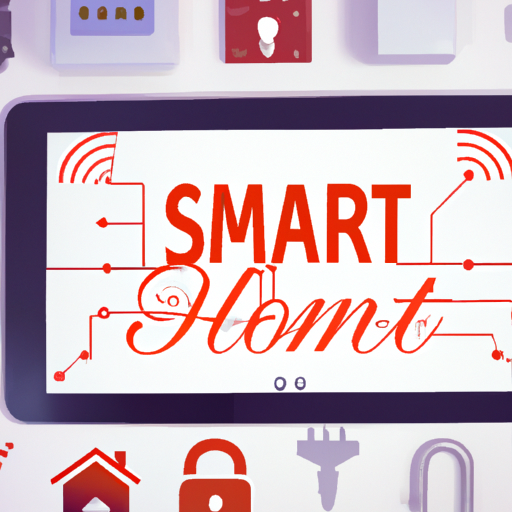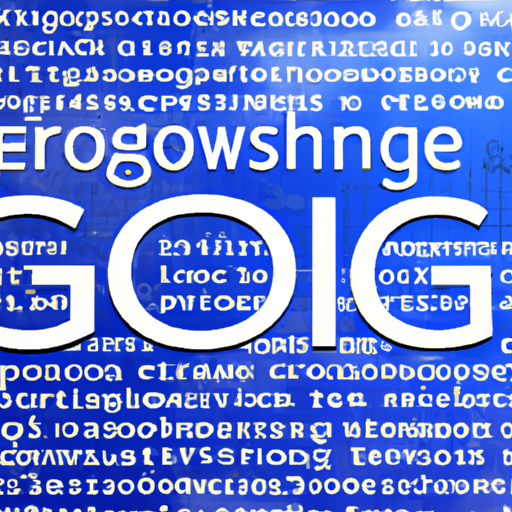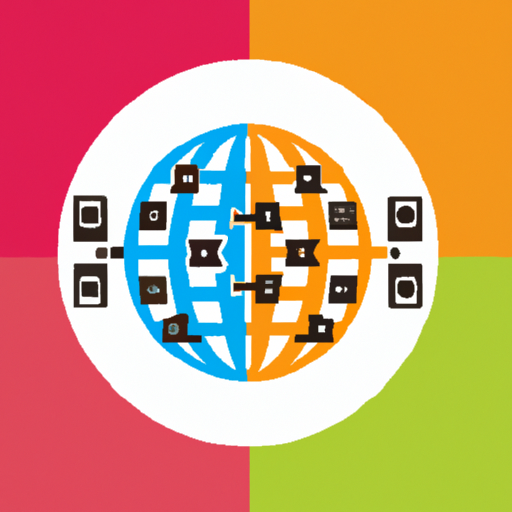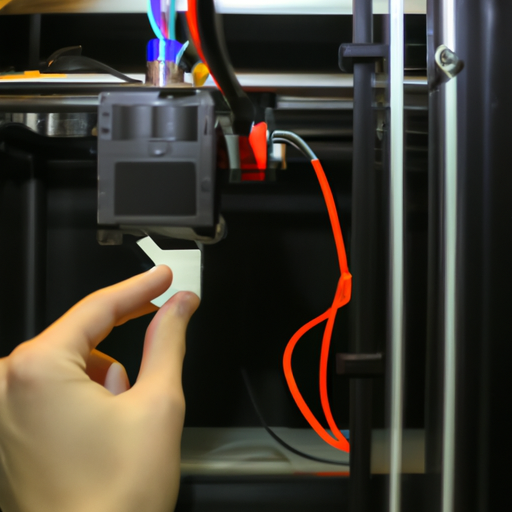The rapid technological advancements in the Internet of Things (IoT) have paved the way for an influx of smart home devices, ushering in a new era of home automation. In recent years, smart technology has become a staple in modern households, offering unprecedented convenience, security, and energy efficiency.
Why Smart Home Devices Are Popular
As consumers become more aware of the potential of connected devices, the demand for smart home solutions has skyrocketed. According to recent market research, the global smart home market is expected to grow significantly, driven by a rise in consumer interest for home safety, energy management, and automated living. Smart home devices, such as smart speakers, security cameras, and thermostats, not only provide enhanced convenience but also contribute to energy savings and improved home security.
Key Features Driving Adoption
- Voice Control: Integration with virtual assistants like Amazon Alexa and Google Assistant enables users to operate devices hands-free.
- Remote Access: Smart home devices can be controlled remotely through mobile applications, allowing for real-time monitoring and management.
- Energy Efficiency: Smart thermostats and lighting systems can optimize energy usage and reduce utility bills.
- Enhanced Security: Smart security systems provide instant alerts and video monitoring, enhancing home safety.
Popular Smart Home Devices to Consider
Here are some trending smart home devices that can transform your living space:
- Smart Speakers: Devices like the Amazon Echo and Google Nest Hub serve as command centers for your smart home.
- Smart Thermostats: Nest and Ecobee learn your schedule and preferences to optimize heating and cooling.
- Smart Locks: Companies like August and Schlage offer keyless entry systems for improved security.
- Smart Lighting: Philips Hue and LIFX allow you to control lighting remotely and set schedules.
The Future of Smart Home Technology
The future of smart home devices looks promising, with advancements in artificial intelligence and machine learning enhancing their capabilities. As technology continues to evolve, we can expect even more integration among devices, leading to greater automation and improved user experiences. Investing in smart home technology is not just about convenience; it’s about creating a safer, more efficient, and enjoyable home environment.
In conclusion, the rise of smart home devices represents a significant shift in how we interact with our living spaces. By adopting these innovations, homeowners can benefit from enhanced convenience, security, and energy efficiency, ultimately leading to a smarter way of living.




